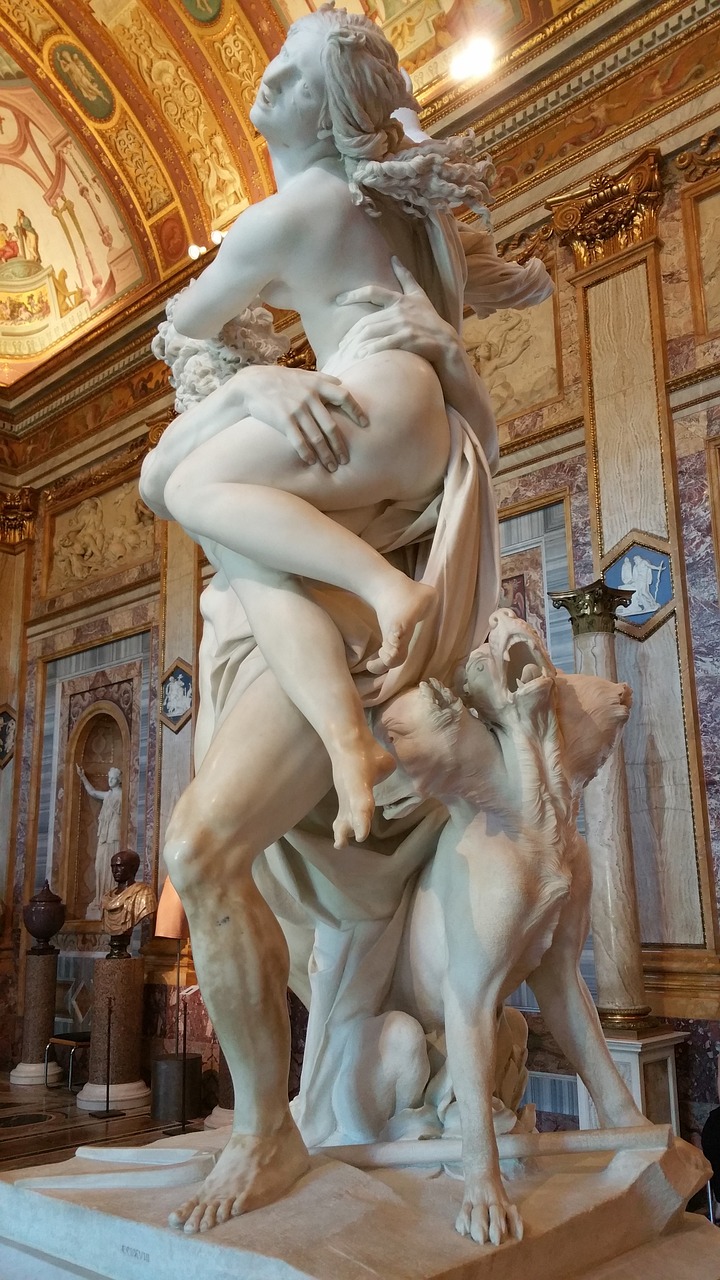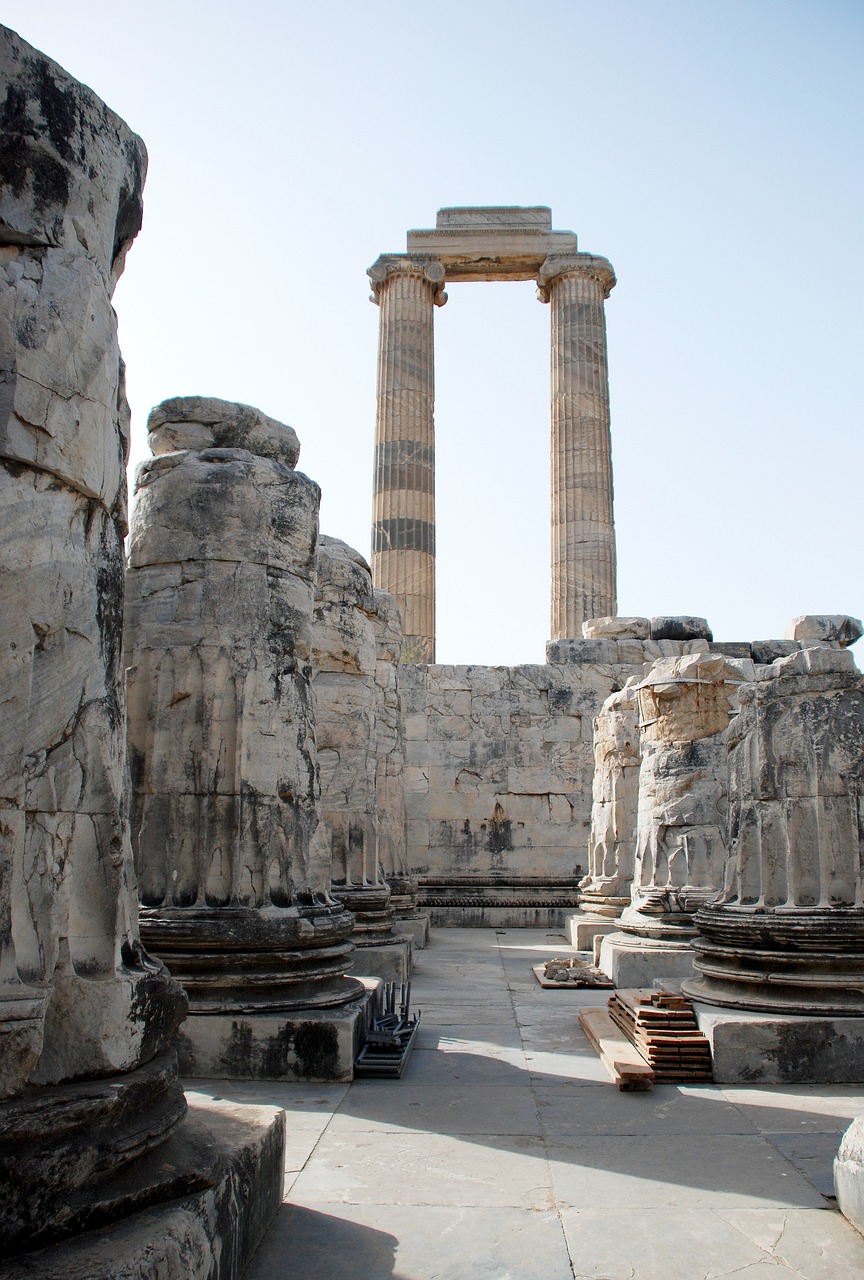Mythology
-

Pandora: The First Woman of Greek Mythology In Greek mythology, Pandora is recognized as the very first mortal woman, sculpted from clay by divine forces. Prometheus, the Titan given the responsibility of creating mankind, grew discontent with the miserable existence the gods had decreed for humanity. In defiance, he stole fire from Olympus to enlighten…
-

Epic Showdown: Sun Wukong vs. Hercules Wiz- Throughout history, humans have fantasized about attaining a god-like status—be it fame, fortune, or power. But what if such divinity was within reach? Boomstick- Hold onto your seats, because today we’re throwing two legendary heroes into the arena. Two champions who ascended to godhood! The Monkey King Wiz-…
-

In ancient Egypt, the goddess Heqet was a powerful emblem of fertility and childbirth. Her reverence transcended generations from the Old Kingdom through to the Ptolemaic era, underscoring her significant influence over fertility, agriculture, and funerary customs. She was particularly beloved among women who sought her protective blessings during pregnancy. Unraveling Heqet’s Mysterious Beginnings The…
-

In Roman mythology, the deity Proserpina, synonymous with the Greek Persephone, wields power over both the changing seasons and the dominion of the underworld. Her significance transcends mere myth, resonating deeply within various cultures and belief systems. The narrative surrounding her abduction by Pluto and her consequent rule in the underworld illustrates her dual identity…
-
Welcome to a comprehensive exploration of Taranis, the intriguing and mighty Celtic god associated with thunder and storms. This article will delve deeply into various facets of Taranis, presenting an engaging resource about this captivating deity, including his origins, symbolism, worship practices, and cultural influences. Prepare to embark on an exhilarating journey through the ancient…
-

The Spiritual Significance and Rituals of the Lares in Roman Culture The concept of Lares in ancient Rome pertains to the revered spirits of deceased ancestors who continued to oversee and bless their descendants after death. This practice stems from the Romans’ unique tradition of interring their dead within their homes, a practice that persisted…
-

The phrase “Pax Romana,” translating to “Roman peace,” denotes a significant era from 27 B.C.E. to 180 C.E. within the Roman Empire. This remarkable 200-year span was marked by notable tranquility and economic growth across the Empire, which extended from England in the north to Morocco in the south, and reached as far east as…
-

Celtic religion encompasses the spiritual beliefs and practices of the ancient Celtic people. The Celts, a significant Indo-European group, reached the peak of their cultural and territorial expansion during the 4th century BCE, spreading from the British Isles to Asia Minor. Following the 3rd century BCE, their history witnesses a steady decline, culminating in the…
-

Juno: The Unique Roman Goddess Juno was revered as the Roman goddess responsible for safeguarding the nation, while simultaneously offering protection over the myriad aspects of women’s lives. Often likened to Hera, her Greek counterpart associated with love and marriage, Juno was both the wife and sister to Jupiter, the chief deity of Roman mythology.…
-

Docket Entries and Proceedings Overview The case of United States v. Roman Gabriel Luna, registered under the number 1:19-cr-00217 in the Western District of Texas, highlights significant legal procedures related to supervised release. The initial transfer of jurisdiction occurred on September 26, 2019, marking the beginning of a sequence of judicial actions aimed at addressing…


